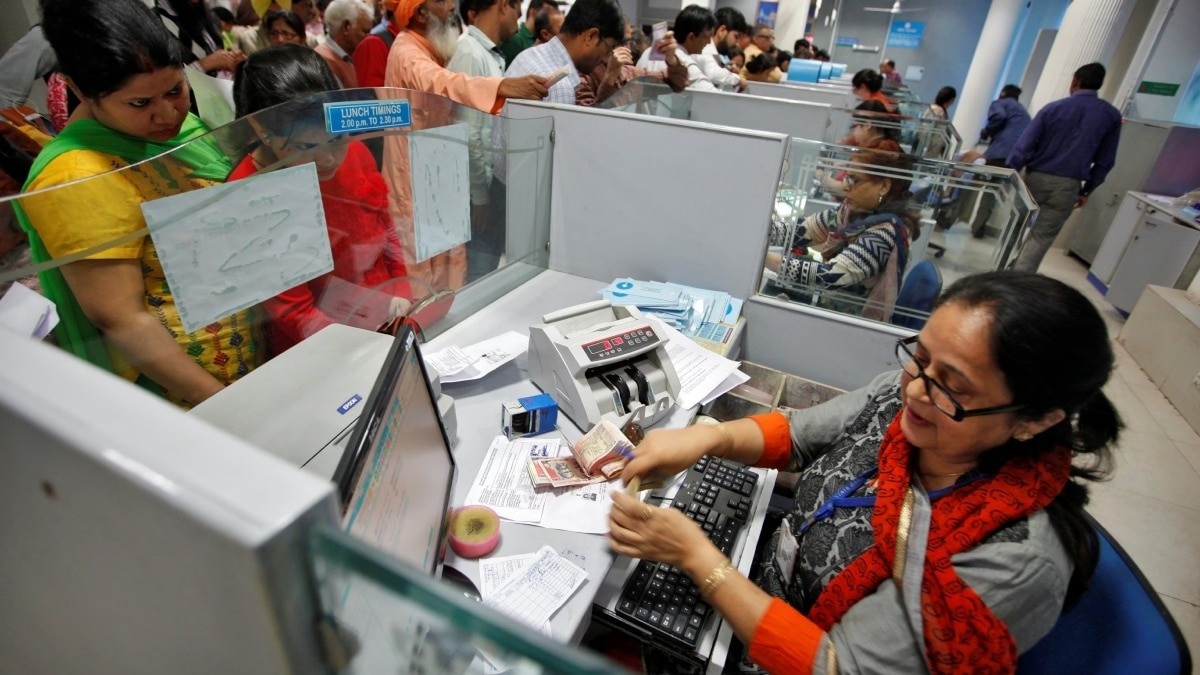The government is reportedly planning to allow direct foreign investment in state-run banks of up to 49 per cent, a move that would more than double the current cap. According to a report in Reuters that quoted individuals with direct knowledge of the policy discussions, the finance ministry has been engaged in talks with the Reserve Bank of India (RBI) over several months, but the proposal is yet to be finalised.
The initiative is viewed as a strategy to attract more overseas capital and strengthen public sector banks in response to growing demand for credit and increased foreign interest in India’s financial sector.
Foreign interest in India’s banking industry has grown, illustrated by recent large transactions such as Emirates NBD’s $3 billion acquisition of a 60 per cent stake in RBL Bank and Sumitomo Mitsui Banking Corp’s $1.6 billion purchase of a 20 per cent holding in Yes Bank, which it later increased by nearly 5 per cent. State-run banks are also drawing attention from international investors, and the proposal to raise the cap for these banks to 49% has not been previously reported.
Another source confirmed to the news agency that a hike from the current cap of 20 per cent is under discussion, adding that the move is also part of an attempt to narrow the gap between regulations for government-owned and private banks.
Currently, India permits foreign ownership of up to 74 per cent in private sector lenders, while the cap for public sector banks stands at 20 per cent. The proposed increase would bring state-owned banks closer in line with private counterparts, potentially making them more attractive to investors.
India’s banking sector has seen robust activity, with financial sector deals rising 127 per cent to $8 billion between January and September, propelled by strong economic performance averaging 8 per cent growth over the past three fiscal years.
India has 12 government-owned banks that collectively hold assets of Rs 171 lakh crore ($1.95 trillion) as of March, accounting for about 55 per cent of the sector. The government intends to continue holding at least 51 per cent stake in these banks. Current foreign ownership in these banks varies, ranging from about 12 per cent in Canara Bank to nearly zero in UCO Bank as of September 30, according to stock exchange data.
As part of the regulatory overhaul, the RBI has recently moved to ease banking sector rules and signalled greater openness towards higher foreign stakes in private lenders. However, protective measures are set to remain in place for state-run banks. Certain safeguards will stay to avoid arbitrary control and decision-making, including a cap on voting rights of 10 per cent for a single shareholder.


